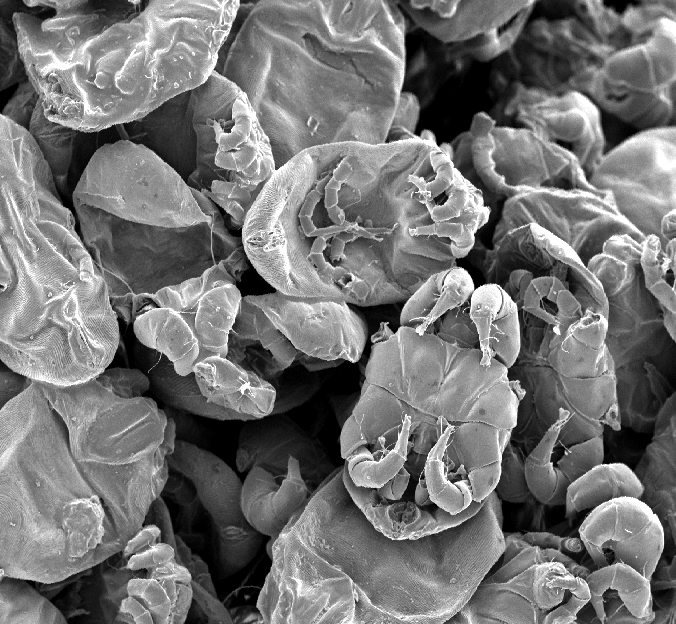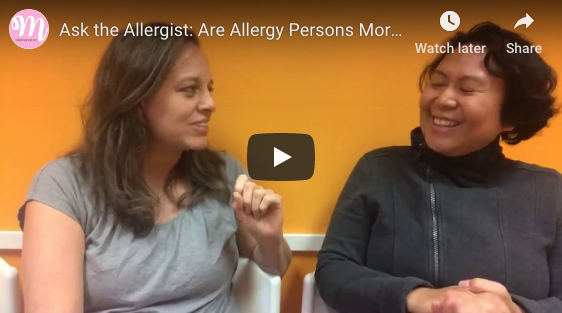Food Allergy Resources
Midwest Allergy Sinus Asthma, SCHaving a food allergy means that the body has produced an unnatural overreaction in the immune system to a food protein. The allergic response is a very brisk one, and the body can react to even minute quantities of an offending food.
An allergic person’s body, upon exposure to the specific food, releases allergic chemicals that creates food allergy symptoms, such as vomiting, diarrhea, hives, and wheezing. Since the immune system is present throughout the body, many different parts of the body can be affected. Symptoms can be mild, such as a few hives in an area where the skin has briefly touched a food allergen, or it can be as severe as anaphylactic shock. A systemic allergic reaction is called anaphylaxis, which can be mild to severe, as well. It is essential to remember that the amount of allergen physically ingested does not predict how severe a food allergy will be, since even slight amounts can cause severe reactions…
Read more at http://www.treatfoodallergy.com/
Symptoms of food allergy and food intolerance may be similar, but what is actually happening on a biological level is quite different. Food intolerance typically causes uncomfortable gastrointestinal symptoms, such as nausea, bloating, abdominal pain, or diarrhea. However, there is no allergic reaction within the body, and, thus, no risk for anaphylaxis. Read more about the difference between a food allergy and a food intolerance here.
Related Articles:

Dr. Kaufmann Discusses Food Allergy Treatment
Watch Dr. Kaufmann speak with the Milk Allergy Mom about food allergy treatments and desensitization! Dr. Robert Kaufmann is a specialist in Pediatric and Adult Allergy, Asthma, and Immunology, along with a detailed history working with Maternal Fetal Medicine,...

Leave Winter Allergy and Asthma Misery Out in the Cold
House dust mites are the most common cause of allergic rhinitis in the United States. Over 4 out of 5 U.S. households contained detectable levels of dust mites. Only 5 out of 10 patients with allergic rhinitis were sensitized to house dust mite allergens. Winter often...

Give Thanks and Be Merry with Sneeze-Free Holidays
The hustle and bustle of the holiday activities from shopping to hosting and attending parties make this time of year stressful enough without having to think about allergies and asthma. But for the millions who suffer, ‘tis the season of sneaky triggers which can be...

Are Allergy Persons More Prone to Colds and the Flu?
Ever wondered if people with allergies are more prone to getting colds and the flu? Dr. Siri gives us some insight with the Milk Allergy Mom in the following clip! Dr. Dareen D. Siri is a specialist in Pediatric and Adult Allergy, Asthma, & Immunology. After...





